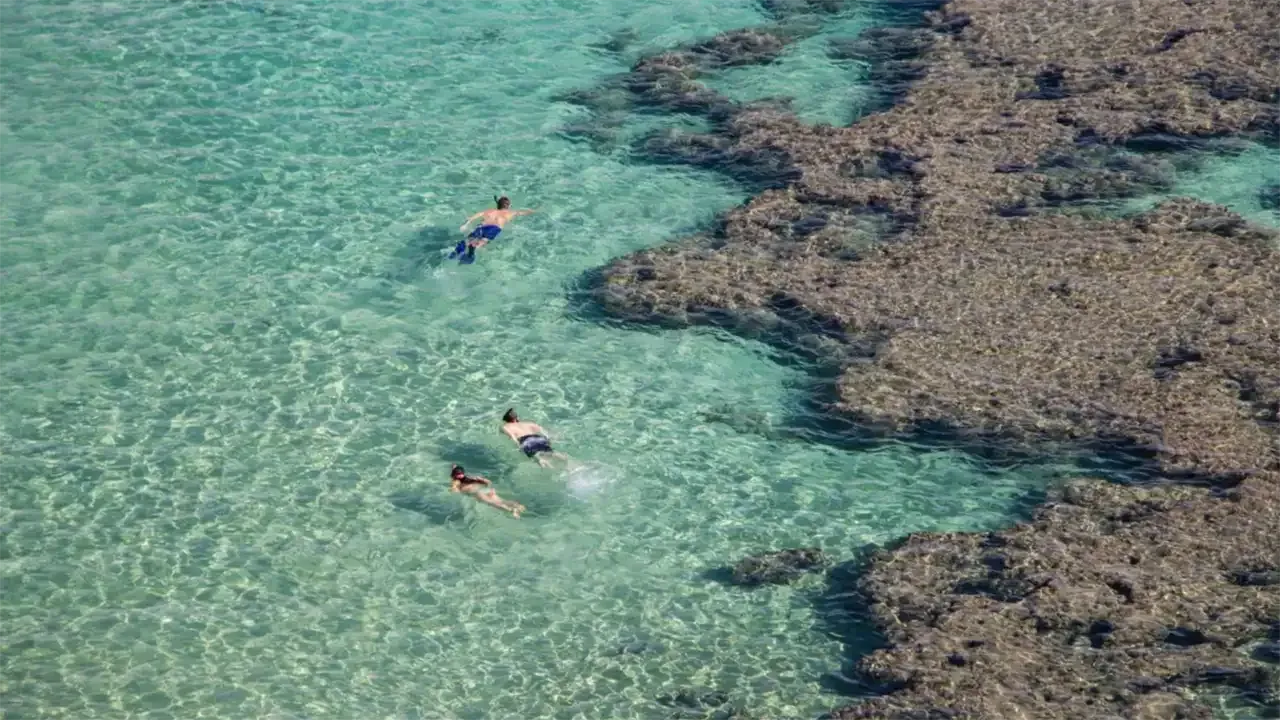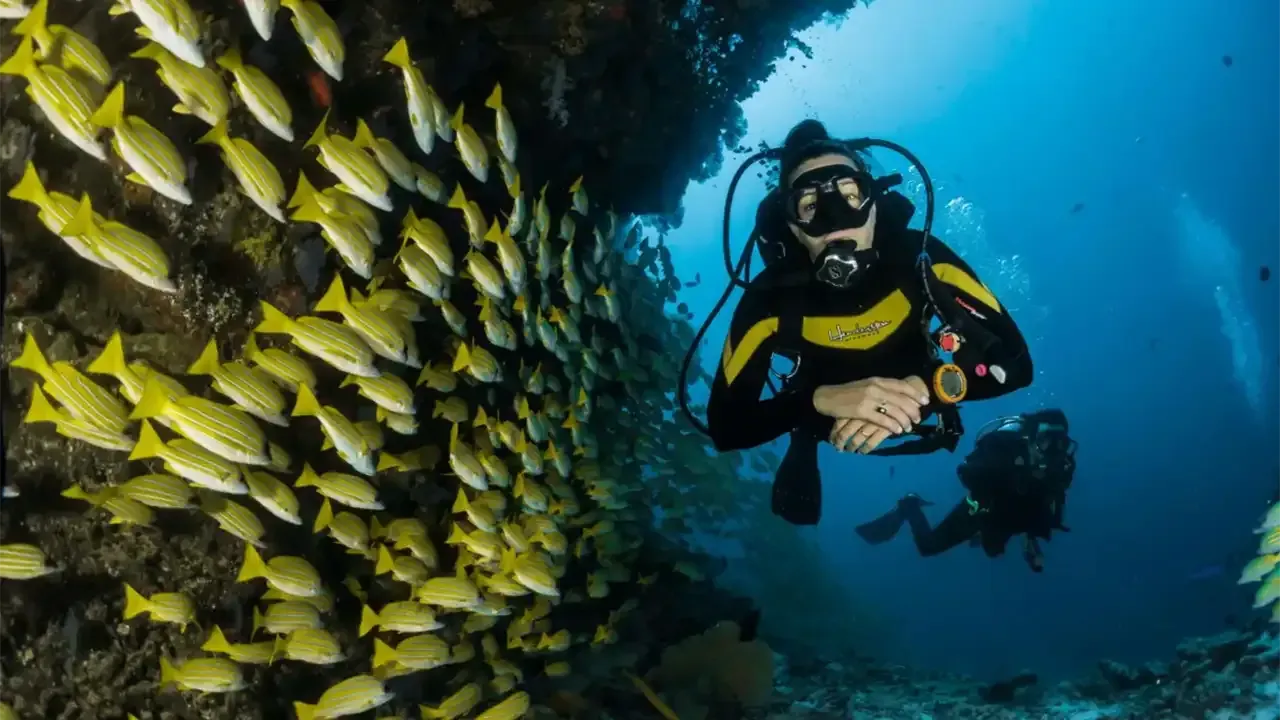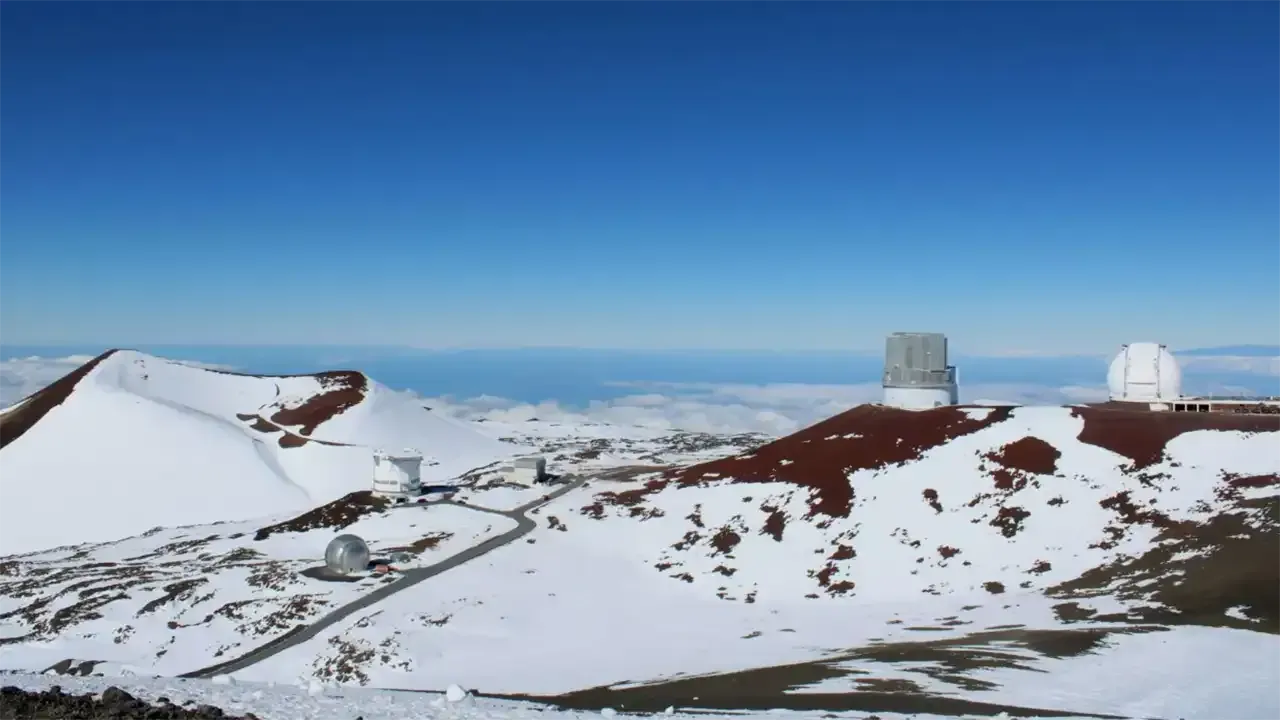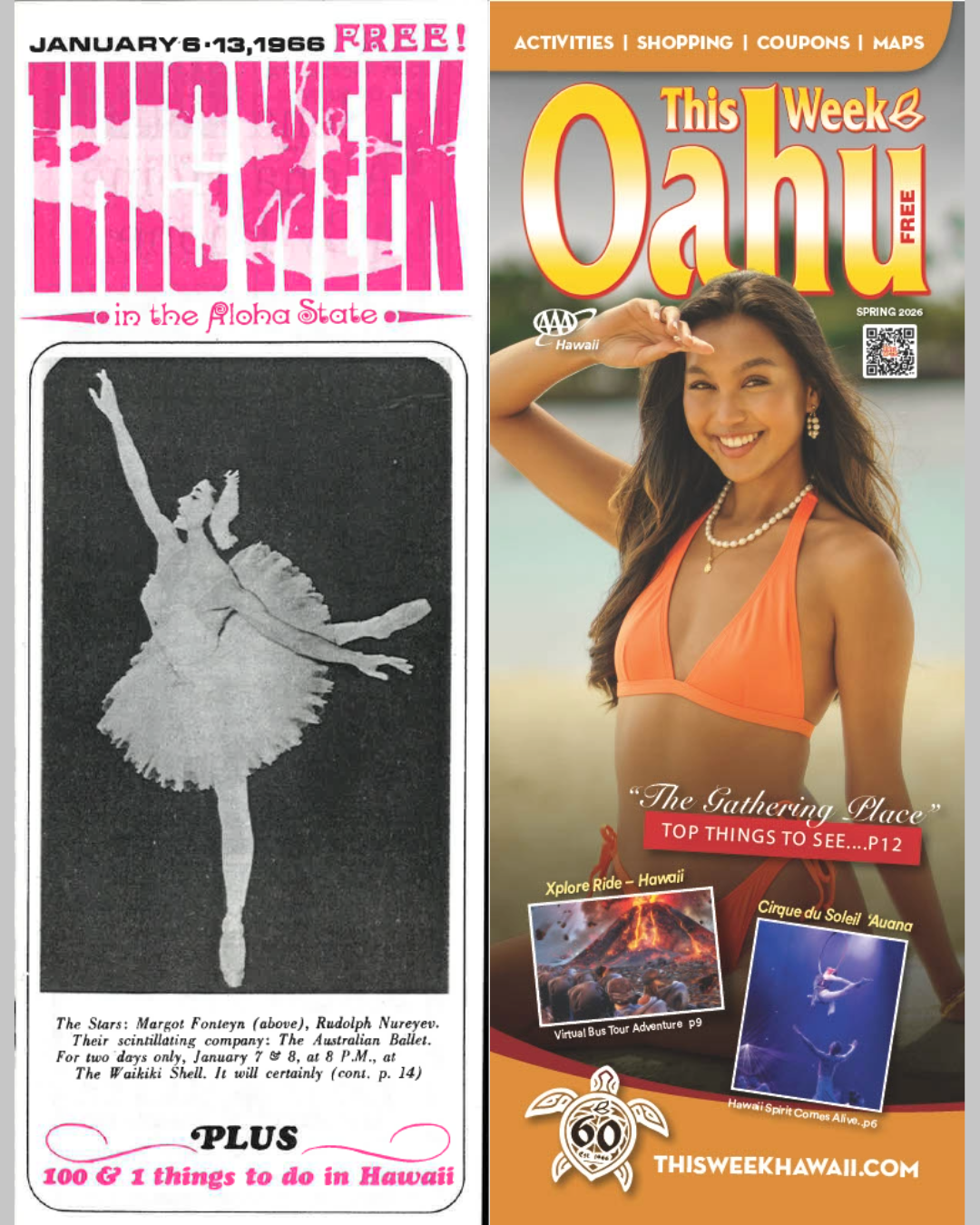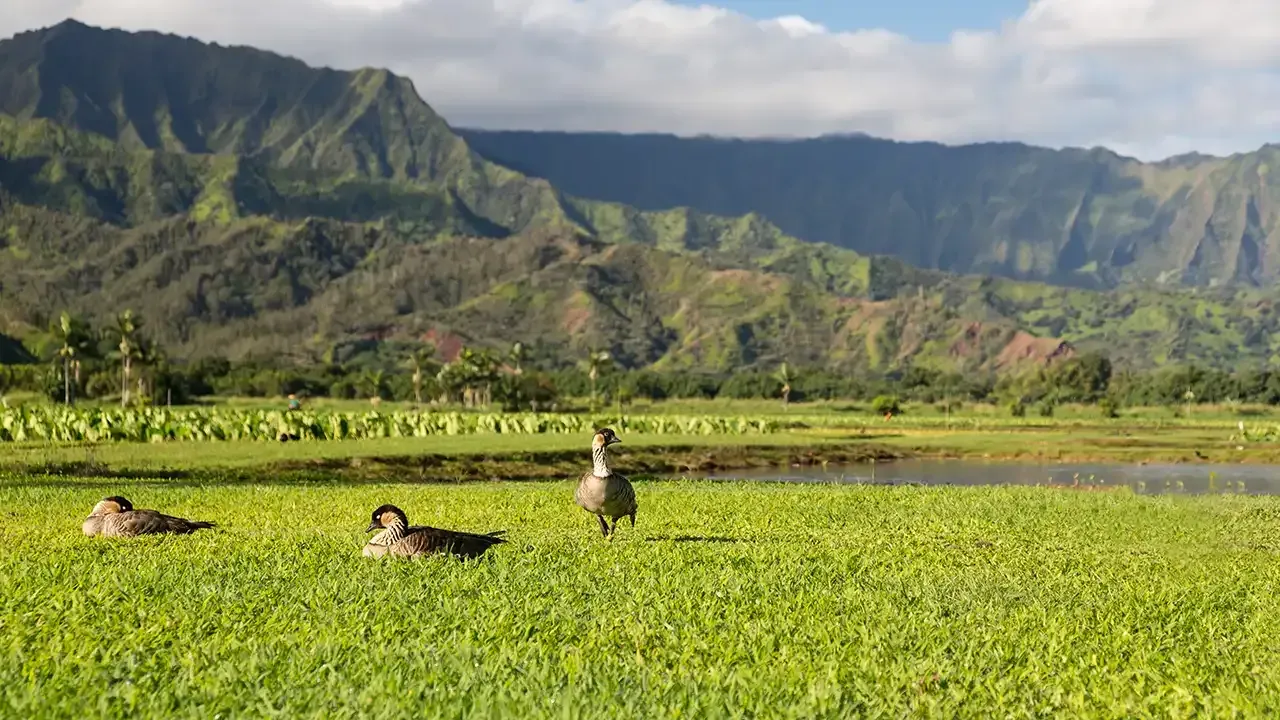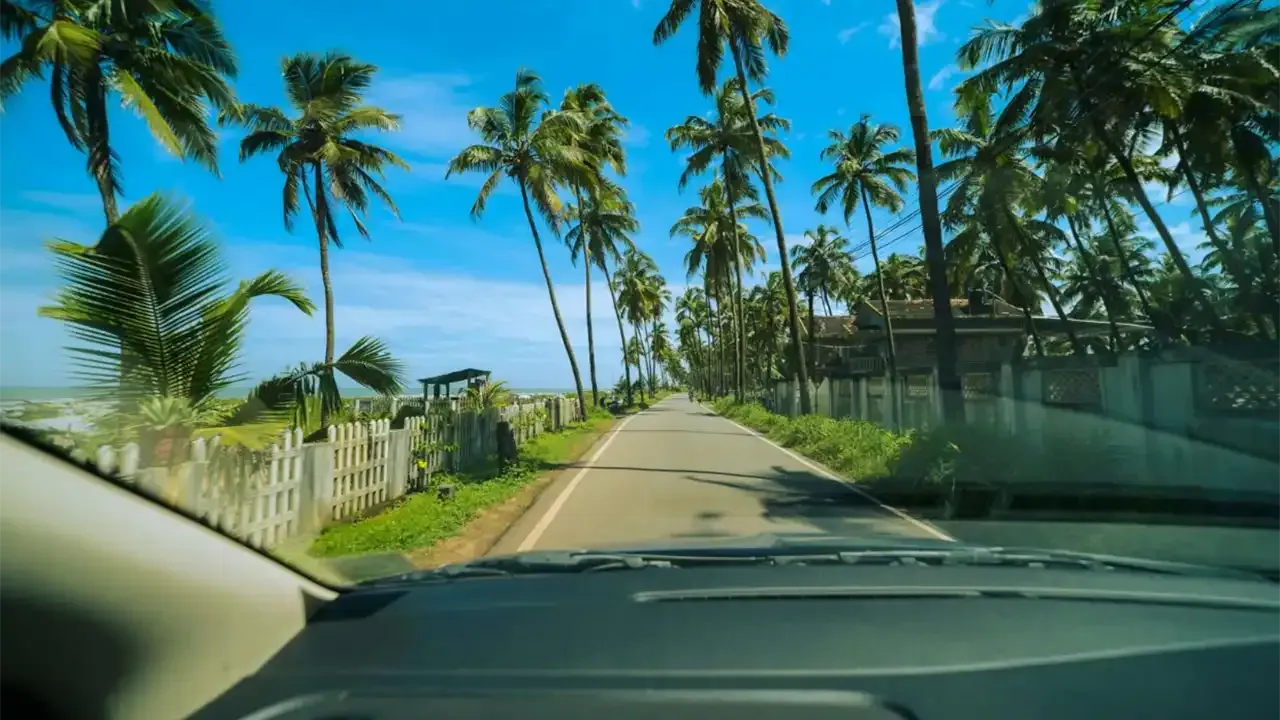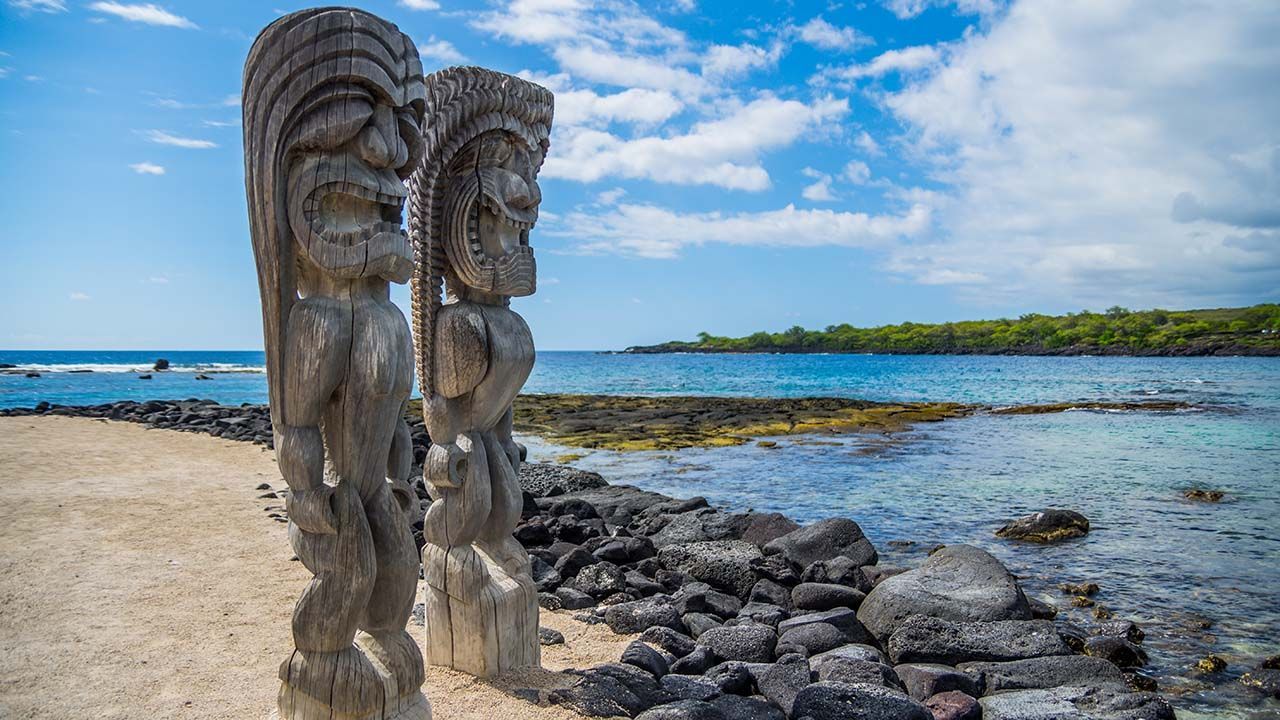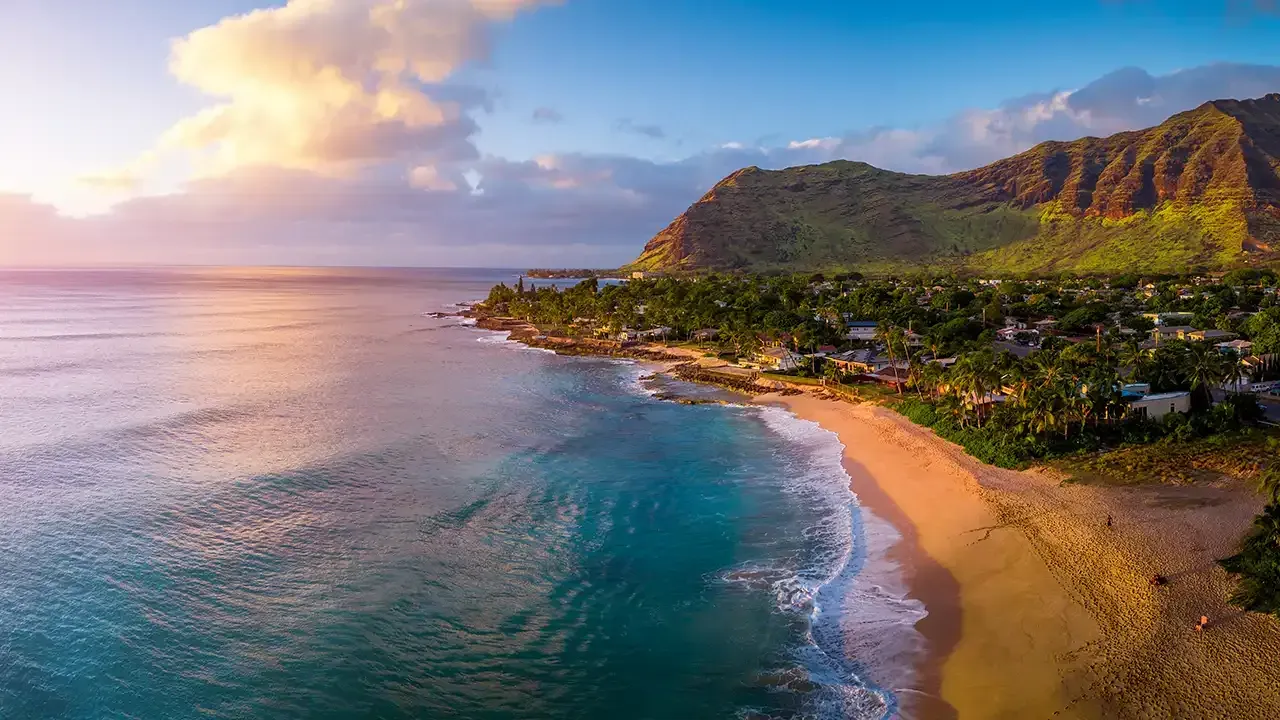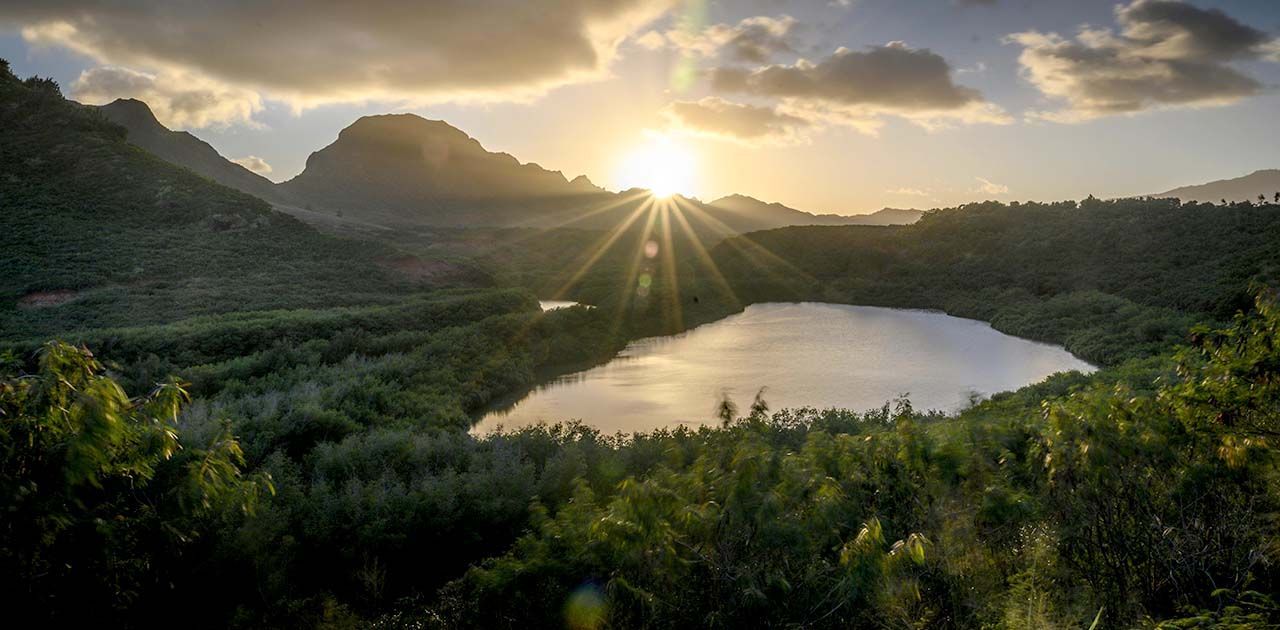Hawaii Packing Checklist: What To Bring To Hawaii
Planning a trip to paradise? Whether you're heading to the lush mountains of Kauaʻi, the golden beaches of Maui, the vibrant shores of Oʻahu, or the volcanic wonders of the Big Island, packing the right items will ensure a smooth, stress-free, and unforgettable Hawaii vacation.
This detailed Hawaii packing checklist covers everything you'll need, from tropical beach days to waterfall hikes, so you don't forget a thing. Let's dive into your Hawaii vacation packing essentials!
Table of Contents
- Essential Travel Documents
- Clothing for Hawaii's Climate
- Footwear: What to Bring
- Beach and Swim Essentials
- Outdoor Adventure Gear
- Toiletries and Personal Items
- Tech and Travel Accessories
- Health and Safety Items
- Optional (But Useful) Extras
- What Not to Pack for Hawaii
- Packing Tips for Families with Kids
- Eco-Friendly Packing Tips
- Final Word: The Aloha State Awaits
Hawaii Packing Checklist: What To Bring To Hawaii
Planning a trip to paradise? Whether you're heading to the lush mountains of Kauaʻi, the golden beaches of Maui, the vibrant shores of Oʻahu, or the volcanic wonders of the Big Island, packing the right items will ensure a smooth, stress-free, and unforgettable Hawaii vacation.
This detailed Hawaii packing checklist covers everything you'll need, from tropical beach days to waterfall hikes, so you don't forget a thing. Let's dive into your Hawaii vacation packing essentials!
Table of Contents
Hawaii's Climate
Essential Travel Documents
Before you think about swimsuits and sandals, make sure your travel documents are in order. Hawaii is part of the United States, so domestic travelers don't need a , but international visitors do.
Checklist:
Government-issued Real-ID (or passport for non-U.S. travelers) Note: Due to new federal regulations, may be required on your flight to Hawaii. A passport can be used for domestic flights if you do not possess a real-id.
Boarding passes and flight confirmations
Travel insurance (recommended, especially for adventure travelers)
Hotel, car rental, and tour booking confirmations
Emergency contact list and copies of your travel plans
Credit/debit cards with travel alerts enabled
Health insurance card and any COVID-related documents
Pro Tip: Scan or photograph all documents and store them in your email or cloud for backup.
Clothing for Hawaii's Climate
Hawaii's weather is warm and tropical year-round, but it can vary between islands and elevations. Pack light, breathable clothing, but don't forget a few layers for cooler moments.
Daily Wear:
Lightweight T-shirts and tanks
Shorts, skirts, and sundresses
Casual tops and loose pants
Swim cover-up or sarong
Underwear and sleepwear
For Cooler Conditions:
Light jacket or hoodie for evenings
Long pants or jeans (especially for higher elevations)
Rain jacket or poncho for sudden downpours
Beanie or lightweight gloves (for early morning summit trips like Haleakalā)
Island Tip: Hawaii style is casual. "Aloha wear," like Hawaiian shirts and comfortable sandals, are welcome at most restaurants and events.
Footwear: What to Bring
Footwear can make or break your comfort when exploring Hawaii's diverse terrain. From beach lounging to lava field hikes, pack for versatility.
Must-have footwear:
Flip-flops/slippers: Ideal for daily casual wear at the beach, pool, or town.
Water shoes: Great for rocky beaches, waterfalls, and snorkeling entries.
Hiking shoes or trail runners: Necessary if you plan to , , or coastal trails.
Supportive sandals: Useful for light hikes or walking tours.
Beach and Swim Essentials
Expect to spend a considerable amount of time near or in the water. Having the right gear makes your beach days easier and safer.
Beach gear checklist:
Multiple swimsuits (so one can dry while you wear another)
(oxybenzone and octinoxate are banned)
Sunglasses with UV protection
Wide-brimmed hat or cap
Quick-dry beach towel
Waterproof bag for wet clothes
Snorkel set (optional—gear rentals are easy to find)
Waterproof phone pouch
Reusable water bottle
Insulated cooler bag for beach snacks
Beach mat or compact chair (many rental homes provide these)
Outdoor Adventure Gear
Hawaii is a playground for adventurers. From snorkeling and surfing to ziplining and waterfall hikes, you'll want to be well prepared.
Adventure musts:
Daypack or backpack for hikes
Reusable hydration bladder or water bottle
Headlamp or flashlight (for sunrise or sunset hikes)
Rash guard or swim shirt (helps with sunburn prevention)
Bug spray (especially for jungle trails or evening excursions)
Lightweight trekking poles (optional for longer hikes)
Compact first-aid kit
Binoculars for birdwatching or whale watching
Toiletries and Personal Items
Most major brands are available in Hawaii, but you may pay more—so bring what you can.
Packing list:
Toothbrush, toothpaste, and floss
Shampoo, conditioner, and body wash
Hairbrush or comb
Razor and shaving cream
Deodorant
Sunscreen and after-sun lotion (aloe)
Lip balm with SPF
Feminine products
Any prescription medications (bring extras just in case)
Motion sickness pills (especially for boat tours or windy roads)
Tip: Bring travel-size items if you're flying with carry-on only.
Tech and Travel Accessories
Modern travelers require a few essential tech tools to stay connected and capture memorable moments.
Essentials:
Smartphone and charger
Portable charger/power bank
Travel adapter (if coming from outside the U.S.)
Camera or GoPro (with waterproof housing if snorkeling/diving)
Memory cards and charging cables
E-reader or book
Travel headphones
Ziplock bags for organizing and protecting gadgets
Health and Safety Items
Hawaii is safe, but being prepared for minor issues will give you peace of mind.
Include:
Travel first-aid kit (band-aids, antiseptic, tweezers)
Face masks (some businesses or transportation options may still require them)
Hand sanitizer and wipes
Allergy medications or EpiPen
Insurance cards and health documents
Pain relievers or anti-inflammatories
Rehydration tablets or electrolyte powders
Optional (But Useful) Extras
These aren't required—but can make your Hawaii trip even smoother.
Waterproof Bluetooth speaker
Travel laundry detergent
Packing cubes to stay organized
Snorkel vest for floatation
Collapsible, reusable shopping bag
Compact umbrella
Light blanket for flights or beach lounging
Local hiking or guidebook
What Not to Pack for Hawaii
Avoid overpacking by skipping items you won't need.
Leave behind:
Heavy jackets and sweaters
High heels or formal wear
Excessive jewelry or valuables
Non-reef-safe sunscreen
Beach umbrellas and chairs (most rentals and hotels provide these)
Towels (your hotel or vacation rental will likely supply them)
Packing Tips for Families with Kids
Traveling with little ones? Here's how to stay stress-free.
Extra clothes/swimsuits for kids
Snacks, formula, and baby food
Stroller or baby carrier
Swim diapers and sun hats
Child-safe sunscreen
Favorite toys or travel games
Emergency contact card in child's pocket or bag
Kid-friendly first-aid supplies
Downloaded shows or games for plane or downtime
Eco-Friendly Packing Tips
Hawaii's ecosystem is delicate and beautiful. Help protect it by packing with sustainability in mind.
Bring reusable water bottles, straws, and cutlery
Choose reef-safe, mineral-based sunscreen
Pack a mesh bag for picking up beach trash
Avoid single-use plastics when possible
Leave nature untouched and respect wildlife
Support local farmers markets and eco-conscious brands
Frequently Asked Questions About Packing for Hawaii
What should I pack for a 7-day trip to Hawaii?
For a one-week Hawaii vacation, pack:
4–5 casual tops and 2–3 bottoms
2–3 swimsuits and 1–2 cover-ups
Lightweight jacket or sweater
Flip-flops, walking shoes, and water shoes
Undergarments, sleepwear, and toiletries
Reef-safe sunscreen, sunglasses, and a hat
A small daypack for excursions
Travel documents, ID, and a reusable water bottle
Keep in mind Hawaii's casual vibe—you don't need a new outfit for each day. Most travelers do laundry at least once during their stay or re-wear outfits.
Do I need unique clothing for visiting volcanoes or higher elevations?
Yes. If you're visiting akalā National Park on Maui or on the Big Island, temperatures at the summit can drop significantly, especially before sunrise or after sunset. Bring:
A thermal or fleece layer
Lightweight gloves
Beanie or hat
Windbreaker or puffer jacket
Long pants and closed-toe shoes
These cooler climates contrast with the tropical lowlands, so pack accordingly for both.
Is it necessary to bring snorkel gear, or should I rent it?
It depends on your travel style and plans:
Bring your own if you prefer your mouthpiece, plan to snorkel for multiple days, or want to save money in the long term.
Renting is convenient if you're trying snorkeling for the first time or only planning one or two sessions. Many tour operators provide gear.
Either way, consider packing a defogging solution, mask-friendly sunscreen, and a dry bag for wet gear.
What type of sunscreen is allowed in Hawaii?
Hawaii has banned sunscreens containing oxybenzone and octinoxate, as they are known to harm coral reefs. You'll need reef-safe sunscreen made with non-nano zinc oxide or titanium dioxide.
Look for brands labeled:
"Reef-safe" or "reef-friendly"
Mineral or physical sunscreen
Free of harmful chemicals
Popular reef-safe sunscreen brands include Thinksport, Raw Elements, and Badger.
Do I need bug spray in Hawaii?
Yes, especially if you plan to:
Hike through forests or near waterfalls
Stay near wetlands or rural areas
Visit during the rainy season
Mosquitoes can be a nuisance in humid environments. Pack a DEET-free bug repellent if you prefer a natural option, or use picaridin-based sprays for stronger protection.
Are laundry facilities common in Hawaii?
Yes. Most hotels, vacation rentals, and resorts offer laundry services or have coin-operated washers and dryers available for guests.
Tip: Pack a few detergent pods or a travel-size bottle of detergent for easy use. This allows you to re-wear items and pack lighter overall.
What should I wear on a flight to Hawaii?
Comfort is key for the 5–10+ hour journey, depending on your departure city. Recommended attire includes:
Breathable, stretchy clothing (like joggers or leggings)
A light jacket or hoodie (airplanes can be cold)
Compression socks (to reduce swelling)
Slip-on shoes or sandals
Eye mask, neck pillow, and water bottle
You'll also want to carry reef-safe sunscreen, a swimsuit, and flip-flops in your carry-on if you plan to hit the beach right after landing.
Do I need to bring formalwear to Hawaii?
Typically, Hawaii's dress code is formal only if you plan to attend a formal event or dine at an upscale restaurant. In most cases, Hawaii has a laid-back dress code.
Acceptable alternatives include:
A collared aloha shirt and khakis for men
A sundress or maxi dress for women
Dressy sandals or closed-toe shoes (optional)
Unless you're attending a wedding, fancy dinner, or corporate event, leave the heels and ties at home.
How many pairs of shoes should I bring to Hawaii?
Generally, you'll want around three different pairs of shoes. Pack a pair of casual flip-flops or slides for the beach and pool, supportive sneakers or walking shoes for sightseeing and exploring the town, and sturdy, water-resistant hiking shoes for outdoor adventures, such as rainforest trails or lava rock coastlines.
Should I bring cash to Hawaii, or will a credit card be sufficient for my needs?
Credit and debit cards are widely accepted throughout the state of Hawaii. However, it's wise to carry a small amount of cash (around $100-$200) for:
Farmers markets
Local food trucks
Tips for valet, hotel staff, and guides
Small beach shops or shave ice stands
ATMs are easily accessible in towns and resorts, but some remote areas may not accept credit or debit cards.
Are reusable items, such as water bottles and shopping bags, necessary?
Yes. Hawaii encourages sustainability, and many businesses are eco-conscious. You'll need:
A reusable water bottle to stay hydrated and reduce plastic waste
Reusable shopping bags—plastic bags are banned in many areas, and stores may charge for paper ones
Reusable straws or utensils for takeout meals and plastic straws are banned in the State of Hawaii
This not only supports the environment but it also helps you save money and travel responsibly.
Can I bring a drone or other camera gear to Hawaii?
Yes, but be sure to follow local regulations and federal FAA laws. Drones are prohibited in many state parks, including popular spots like:
ʻAkaka Falls State Park
If you're bringing camera gear, also pack:
Lens cloths (humidity and saltwater can fog lenses)
Waterproof case or dry bag
Extra SD cards and batteries
Is there anything I should pack that people often forget?
Yes, here are the top commonly forgotten (but super helpful) items:
Nail clippers or tweezers
Travel clothesline or laundry bag
Reusable straws or utensils
Mini flashlight or headlamp
Compact beach blanket or mat
Travel-size sewing kit
Medications for allergies or motion sickness
Copies of your ID and travel documents
Backup phone charger
Should I bring my beach towel, or does the hotel provide one?
Most hotels and resorts in Hawaii provide pool and beach towels for guest use. However, if you plan to:
Visit remote beaches
Go hiking and swimming at waterfalls
Take boat or snorkel tours
Then, packing a quick-dry microfiber towel is a smart idea. They're lightweight, compact, and dry fast, ideal for on-the-go adventures.
The Aloha State Awaits
With the proper preparation and this comprehensive packing checklist, your Hawaiian vacation will be a breeze. Whether you're chasing waterfalls, snorkeling with sea turtles, or relaxing under a palm tree, Hawaii offers a once-in-a-lifetime experience.
Pack smart, travel light, and embrace the aloha spirit. For more travel inspiration, island guides, and insider tips, explore Week Hawaii and plan your next island adventure today!
